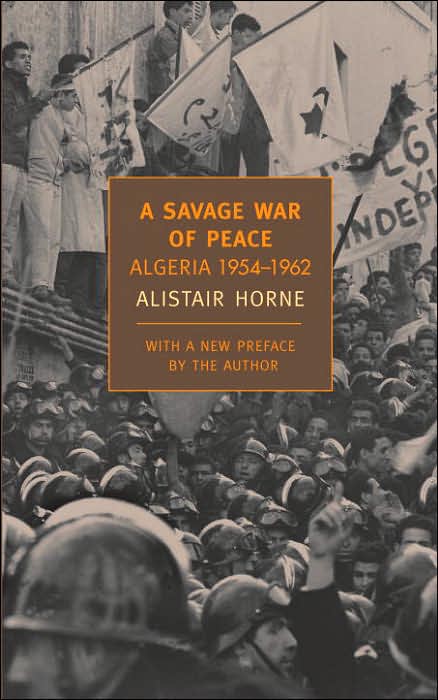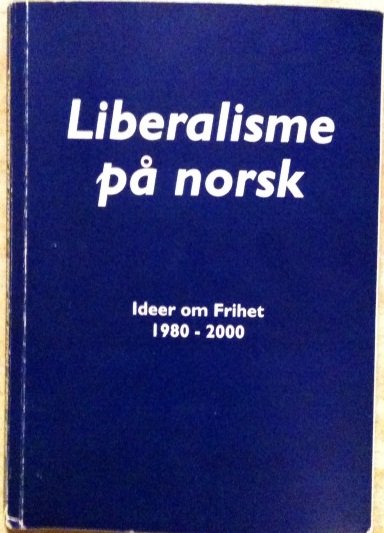Once a man’s understanding has settled on something (either because it is an accepted belief or because it pleases him), it draws everything else also to support and agree with it. And if it encounters a larger number of more powerful countervailing examples, it either fails to notice them, or disregards them, or makes fine distinctions to dismiss and reject them, and all this with much dangerous prejudice, to preserve the authority of its first conceptions. So when someone was shown a votive tablet in a temple dedicated, in fulfilment of a vow, by some men who had escpaed the danger of shipwreck, and was pressed to say whether he would now recognize the divinity of the gods, he made a good reply when he retorted: ‘Where are the offerings of those who made vows and perished?’
The same method is found perhaps in every superstition, like astrology, dreams, omens, divine judgements and so on: people who take pleasure in such vanities notice the results when they are fulfilled, but ignore and overlook them when they fail, though they do fail more often than not. .. Even apart from the pleasure and vanity we mentioned, it is an innate and constant mistake in the human understanding to be much more moved and excited by affirmatives than by negatives, when rightly and properly it should make itself equally open to both; and in fact, to the contrary, in the formation of any true axiom, there is superior force in a negative instance.
- Francis Bacon, The New Organon




